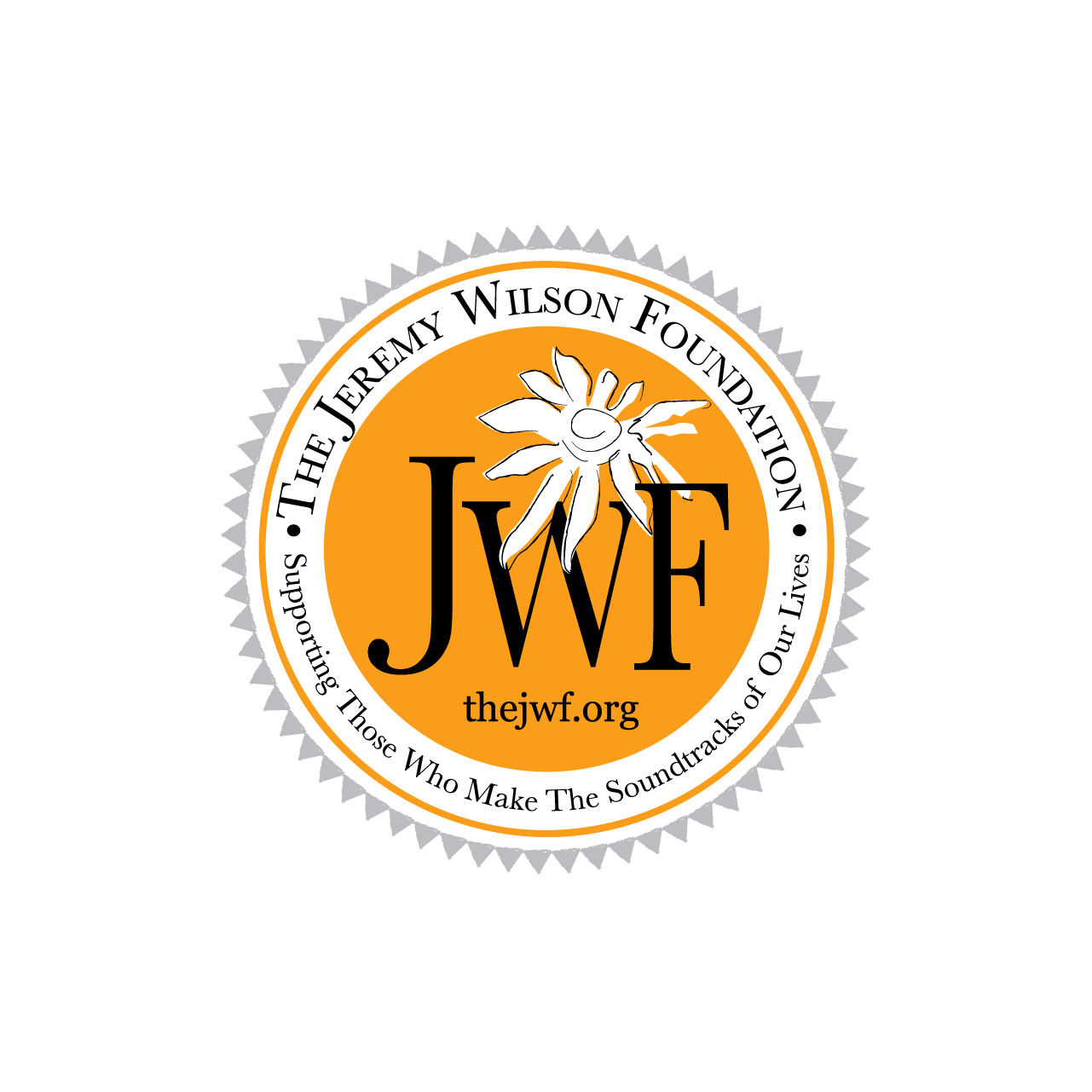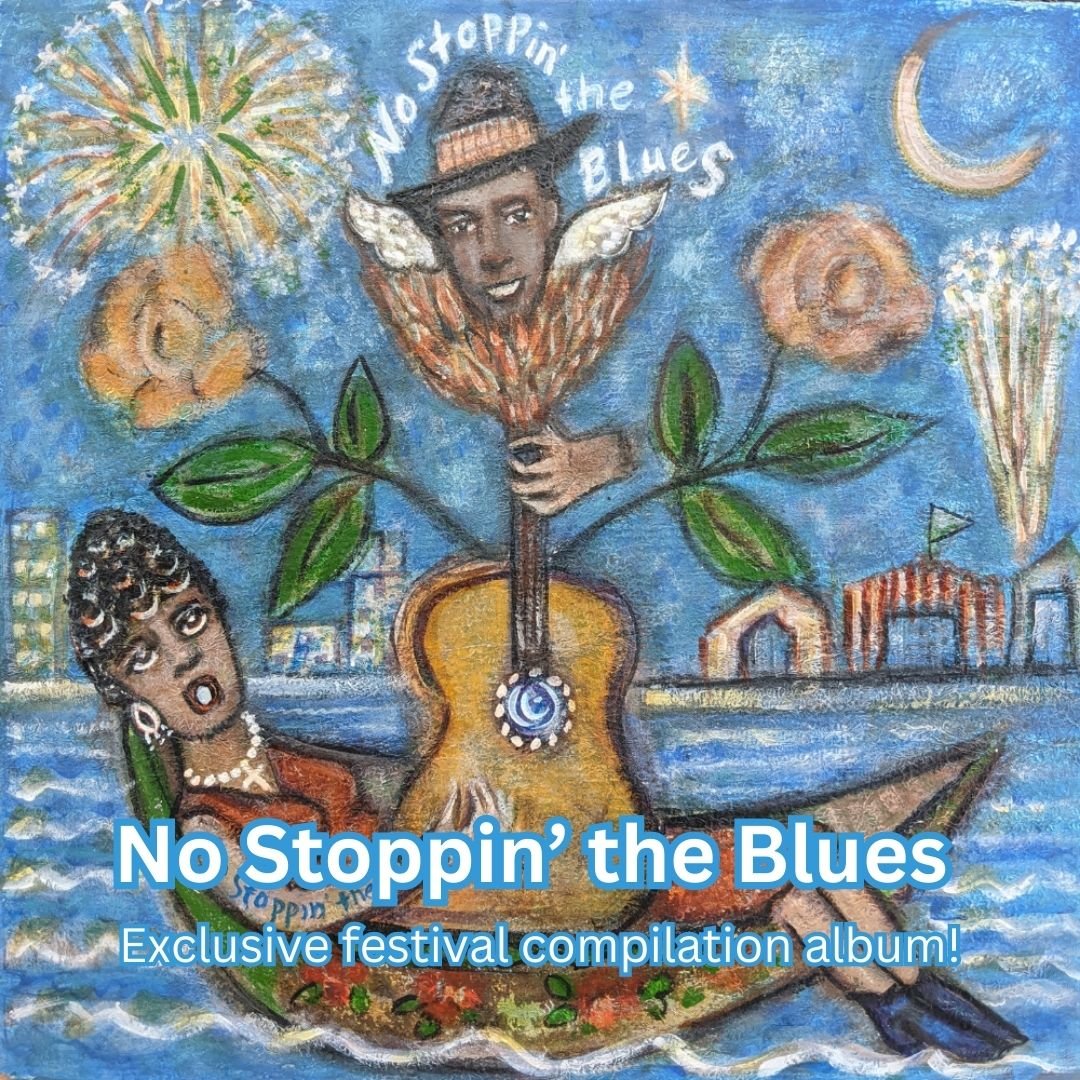Rae Gordon and Friends and a message of hope
From L - R: Scott Franklin (sax), Ben Partain (keys/organ), Ed Pierce (Drums), Joe McCarthy (trumpet), Kivett Bednar (guitar), Ben Rice (guitar), LaRhonda Steele (vocals), Rae Gordon (vocals) Not pictured: Lisa Mann (bass/vocals), Ken DeRouchie (vocals).
An interview with award-winning singer, bandleader and writer Rae Gordon who knows how to thrive – and equally knows the forces that can drag us down. Her spirit-lifting song “It Will Not Last” speaks to all who have experienced despair and to the people who love them. By Claire Levine
Rae Gordon was working on writing songs for a new 12-song blues album titled. “Messed up, Low Down, Dirty Girl”, with a “you don’t want me around” kind of song as the title track.
Instead, what kept coming to her to write was a song of encouragement to people experiencing depression and thoughts of suicide. And she knew she had to set her album project aside and pay attention to what she was hearing.
Rae sees the song that insisted she write it, which she named “It Will Not Last,” as a way for musicians to reach out to people who are struggling – as many of us have struggled – with a message of hope and love.
Shut-in despair. As does so much art being produced today, “It Will Not Last” had its roots in the Covid shutdown. And, as so much of Rae’s life does, this song had its roots in an act of friendship.
When Covid was at its peak, restaurants and bars that doubled as music venues were being shuttered left and right. Sonny Hess is a blues musician, who knows both sides well. Not only as one of the city’s greatest advocates for females in blues, but she is also one of the owners of the great music venue, The Blue Diamond.
As an alternative to shutting down completely when Covid hit, Sonny decided to offer take-out food. Rae offered to help Sonny by becoming a one-person delivery service.
It didn’t take long for Rae to realize that shut-in Portlanders were craving more than good food. They were starving for that human contact and good will that so many get from being part of the music community. So, Rae adopted the Singing Telegram approach to food delivery – entertaining folks with her music. (Guitarist Jason Thomas later joined the delivery team, performing a tune with every meal he delivered, followed by other local musicians, including Karen Lovely)
Those interactions at the door triggered memories for Rae – of her own struggle with depression as an adolescent and of the people she knew who had lost their fights with mental illness.
So, when the words “Keep your head above water” kept floating into her brain – despite her best efforts to write a party song – she knew she had to pay attention.
It takes a village. Rae had the essence of the song – a melody and the message. And she felt some urgency about getting the song out to “the people who were hurting. The people who were suffering because they didn’t feel connected.”
She reached out to Ben Rice, a nationally recognized Portland musician and Blues Music Award nominee steeped in blues and soul, to help flesh out the song.
“I’m not good at writing musical bridges,” Rae said, so she connected with Pat McDougall, a great keyboard player and songwriter who had been musical director for one of Rae’s previous bands. It turned out to be exactly the right choice.
“He is so studious. He studied what should be said to someone who has suicidal thoughts . . . to make sure we were saying the right things,” Rae said.
Eventually, she was joined in the studio by an all-star cast of Portland musicians. They created a miracle by completing the songwriting there in the studio. Lisa Mann helped lead that charge with Kivett Bednar, Ed Pierce, Ken DeRouchie, Ben Partain, Joe McCarthy, Scott Franklin and LaRhonda Steele.
(Rae’s favorite part of the recording is Lisa’s soaring run above the rest of the chorus. “I listen to that over and over again.”)
What made the project possible was drummer Jimi Bott’s gracious offer to do the recording in his studio for a price that was more than generous.
Shared experiences
It wasn’t until Rae was in the studio singing, “Keep your head above the water, don’t let yourself drown,” that “It hit me like a ton of bricks,” she said. She suddenly remembered that she had tried to drown herself when she was in seventh grade.
“Things were so terrible in my life that I just didn’t want to wake up another day. And I didn’t realize until I was in the studio that the song was partially about me.” She remembers as an adolescent seeing if she could make it one more day, and that’s the advice she gives her listeners.
Working on the song, Rae learned how familiar so many musicians are with depression. Several talked about their own suicidal thoughts, while others had family and friends who had taken their own lives.
Rae asked a friend, Kristen Boden to act as project coordinator. Like all the others who participated in the recording, Kristen worked on a volunteer basis, taking time away from her busy consulting practice.
She, too, had been touched by the subject of the song. A friend’s son who had frequently stayed in her home and whom she considered her own second son had lost his battle with depression. After the recording was finished, Kristen drove to Palm Springs carrying a copy of the CD to give to the young man’s mother.
The song’s production “was really a community coming together,” around this very hard, but very real, topic, Rae said. The song is credited to Rae Gordon and Friends.
All the things she is. Rae is multi-multi-faceted. She’s an outstanding blues singer who has won the Cascade Blues Association’s Muddy Award for female vocalist five times and is in the association’s Hall of Fame. Her recordings have reached heights on the national blues charts, and her band placed third in the International Blues Challenge.
She’s also a talented publicist and writer, and a strong advocate for her adopted home of Clackamas County. She’s astute about public policy and what makes communities work – skills that will fit well with her new role as president of the Cascade Blues Association.
And she’s a very loyal and loving friend who cares about everyone she meets.
Rae, friends – and getting the message out. Once Rae covered her expenses, she decided to give away the CD rather than making money off “It Will Not Last.” She just wants people to hear the song – and to start the important conversations that can lead to people making it through the darkest days.
Rae said that musicians get to interact with a lot of people – fellow musicians, the support team and audience members who show up time after time.
“And when they’re not there, or when they’re hurting, we see it. We can see it from the stage. We notice . . . and I think we may be the first people to be able to start that conversation, to check in on somebody.”
Speaking of the musicians who performed on the single, she said, “I know they check in with people. They give somebody a big hug and ask ‘how are you doing’”
She envisions people sharing the song with those who might need encouragement and that it might help others find the words they need to make a difference in someone’s life.
Rae performed during the blues festival on the Sail On Sister Cruise and Portland Spirit or spent hours at the Cascade Blues Association’s Booth or at the JWF Booth. She remains dedicated to the Portland blues community and all it represents to the region.
And Rae and her friends have donated their song to the Jeremy Wilson Foundation’s compilation CD, “No Stoppin’ the Blues” – so she can spread the message while helping raise funds for the Musician Heath & Services Program.
But she isn’t straying from her musical blues roots for long. You can expect to hear her “messed up…dirty girl song” and other songs in that spirit in the near future.
No Stoppin' the Blues! Celebrating fifteen Oregon-based artists and bands performing at the 36th annual Portland Waterfront Blues Festival, this compilation album is available exclusively through the JWF and features many never-before-released tracks! The artists have generously donated these songs, which means all proceeds from album sales go directly to the JWF.
Download the album now to hear songs from Ural Thomas & The Pain, Terry Robb, Mary Flower, Lloyd Jones, Andrew Matthews Band, Jujuba, Bayou Boyz, River City Riot! Brass Band, Soul Vaccination, The Strange Tones, Tevis Hodge Jr., Northwest Bone Gang, Sister Mercy, Rae Gordon & Friends, and Johnny Wheels & the Swamp Donkeys. Available only at JWFmusic.org




